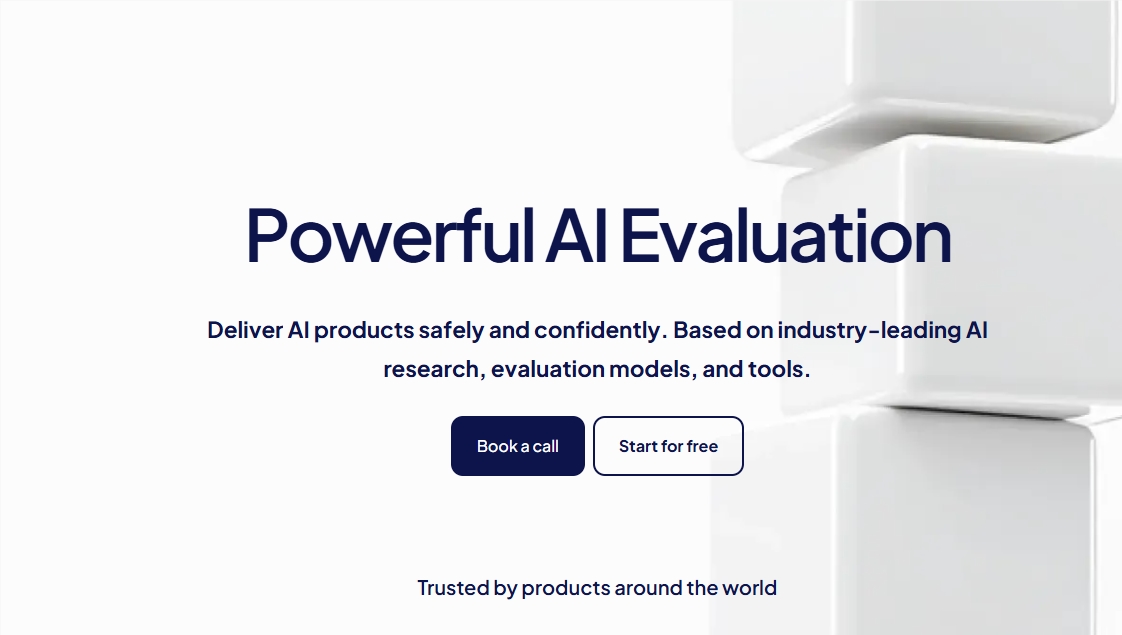With the rapid development of artificial intelligence technology, the problem of AI "illusion" is becoming increasingly prominent, bringing huge reputation and economic losses to enterprises. The AI system has misinformation and insecure behavior in the fields of customer service, finance and medical care, which seriously affects its reliability and credibility. To solve this problem, more and more companies are beginning to pay attention to AI security and actively seek effective solutions.
With the rapid development of artificial intelligence, AI "illusion" phenomenon is becoming more and more frequent, which has brought considerable trouble to many companies. Customer service chatbots confidently describe products that do not exist, financial AI fabricates market data, and medical robots provide dangerous medical advice. These problems are no longer just interesting things, but are major hidden dangers that affect the company's reputation and profits.

To address this challenge, San Francisco-based startup Patronus AI announced the launch of the world's first self-service platform designed to detect and prevent AI systems from failing in real time. This platform is like the "spelling checker" of AI systems, which can be captured before a problem occurs.
Anand Kannappan, CEO of Patronus AI, said in an interview that many companies face AI failures in production environments, including hallucinations, security breaches and unpredictable behavior. According to company research, leading AI models such as GPT-4 have a 44% chance of repeating copyrighted content when prompted, and even advanced models have more than 20% chance of generating unsafe in basic security tests. response.
To help enterprises improve the security of AI systems, Patronus AI provides a range of innovative features. Among them, the most prominent "evaluator" function allows enterprises to write customized evaluation rules in simple English. This flexibility allows companies from all walks of life to adjust according to their needs, such as financial services companies can focus on compliance, while medical institutions can focus on patient privacy and medical accuracy.
At the heart of the platform is a breakthrough hallucination detection model called Lynx, which is 8.3% more accurate than GPT-4 in identifying medical inaccuracies. In addition, the platform has two operating modes: one for real-time monitoring and the other for in-depth analysis. In addition to traditional error checking, the company has also developed special tools such as CopyrightCatcher and FinanceBench to provide enterprises with comprehensive AI failure protection.
To make these security tools affordable for more businesses, Patronus AI adopts a pay-as-you-go pricing model starting at $10 per 1,000 API calls. Early adopters already include large enterprises such as HP, AngelList and Pearson, showing importance to AI security investment.
Today, with rapid development of AI, platforms such as Patronus AI can not only help businesses reduce risks, but also help comply with upcoming laws and regulations. With the continuous evolution of AI systems, how to accurately capture and correct these "illusions" will be an important challenge facing enterprises.
Product portal: https://www.patronus.ai/
Key points:
Patronus AI launches the world's first self-service API, aiming to detect and prevent AI hallucinations in real time.
The platform allows businesses to create customized evaluation rules in simple English, providing flexible solutions.
Adopting a pay-as-you-can-eat model allows more businesses to afford AI security tools.
The emergence of Patronus AI provides an effective solution to solve the AI hallucination problem. Its self-service platform and flexible pricing model will help more enterprises improve the security of AI systems and ensure their reliable applications in various fields. And promote the healthy development of AI technology.